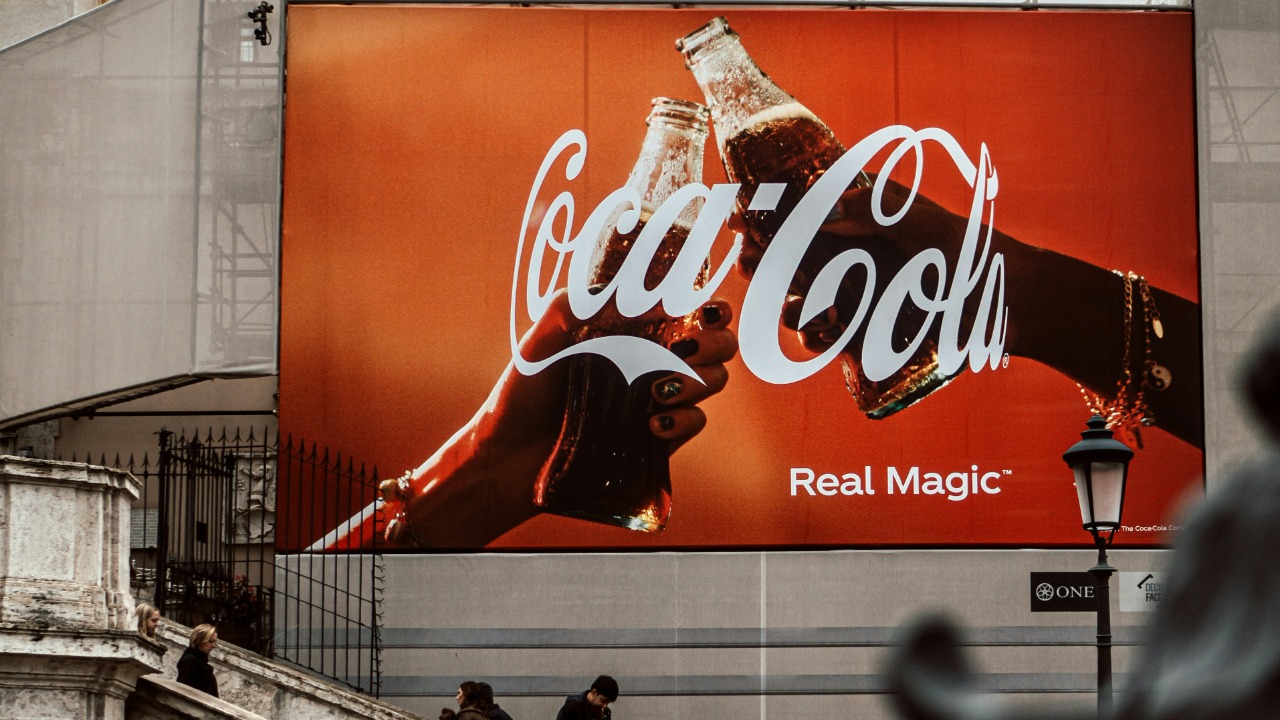
When Coca-Cola released its AI-generated holiday ad in November 2024, it sparked a wave of criticism for its unnatural visuals and perceived lack of creativity. The controversy, which included widespread online mockery and debates about the role of AI in advertising, served as a stark reminder of the potential pitfalls of AI tools in marketing. This backlash, which also encompassed brands like Spotify and political entities such as Labour, underscores the urgent need for brands to navigate AI tools with caution amid rising consumer skepticism.
The Spark of the Coca-Cola Controversy
The release of Coca-Cola’s AI-made Christmas ad on November 16, 2024, marked a significant departure from the brand’s traditional holiday warmth. The ad’s surreal, glitchy imagery quickly drew criticism, with social media users and experts alike labeling it a “terrible” example of AI overreach. The ad was seen as lacking the human touch that is often integral to creative production. As NBC News reported on November 18, 2024, the controversy also raised ethical questions about job displacement for artists and the ad’s failure to evoke an emotional connection.
Visual and Creative Shortcomings Exposed
Technical flaws in the ad, such as distorted character proportions and eerie lighting, were highlighted by Creative Bloq as emblematic of AI’s current limitations in producing polished, brand-aligned visuals. The ad’s generic, soulless aesthetic alienated fans who were expecting Coca-Cola’s signature storytelling. As Forbes explained, the AI output felt like “slop” rather than innovation. Viewer feedback further amplified the ad’s reputational damage, with viral memes and comments on various platforms criticizing its artificial feel.
Broader AI Flops in Branding and Beyond
Coca-Cola’s misfire was not an isolated incident. Spotify’s AI-generated content experiments also drew criticism for bland personalization, as noted in a 2025 op-ed. Similarly, Labour’s use of AI in campaign materials backfired due to inaccuracies and lack of authenticity. These cases share common threads, such as rushed deployment and underestimation of audience discernment, highlighting the risks for any brand adopting AI without appropriate safeguards.
Ethical Dilemmas in AI-Driven Advertising
Concerns over AI’s impact on creative jobs were also raised, with Today quoting backlash against Coca-Cola for sidelining human artists in favor of cost-cutting tools. Transparency issues also came to the fore, with the ad’s undisclosed AI origins fueling distrust. As NBC News reported, this raised questions about the balance between innovation and authenticity. Furthermore, potential biases in AI training data could lead to unintended cultural insensitivities in global campaigns, posing additional ethical dilemmas.
Consumer Trust Erosion and Backlash Dynamics
The ad’s reception damaged Coca-Cola’s image as a holiday innovator. As Forbes analysis showed, there were spikes in negative sentiment metrics post-release. Social media played a significant role in amplifying the backlash, with users sharing side-by-side comparisons of the AI ad versus classic Coke spots. This intensified the roast, as covered by Creative Bloq. The long-term implications of this controversy include heightened consumer wariness toward AI-branded content.
Strategic Missteps in AI Implementation
Coca-Cola’s decision to prioritize speed and efficiency over quality control resulted in an ad that felt more experimental than festive, as per the 2025 op-ed. The absence of human oversight in post-generation editing exacerbated flaws and invited scrutiny. From a budget and ROI perspective, the controversy likely amplified costs through damage control efforts, further highlighting the strategic missteps in AI implementation.
Pathways for Brands to Avoid AI Pitfalls
Brands can learn from these missteps by adopting hybrid approaches that blend AI tools with human creativity. As Creative Bloq suggests, Coca-Cola’s case serves as a cautionary example. Brands should also prioritize audience testing and ethical guidelines, as Forbes advises. Proactive disclosure of AI use can help build trust, a lesson underscored by the 2025 op-ed’s takeaways on Spotify and Labour’s parallel errors.
More from MorningOverview